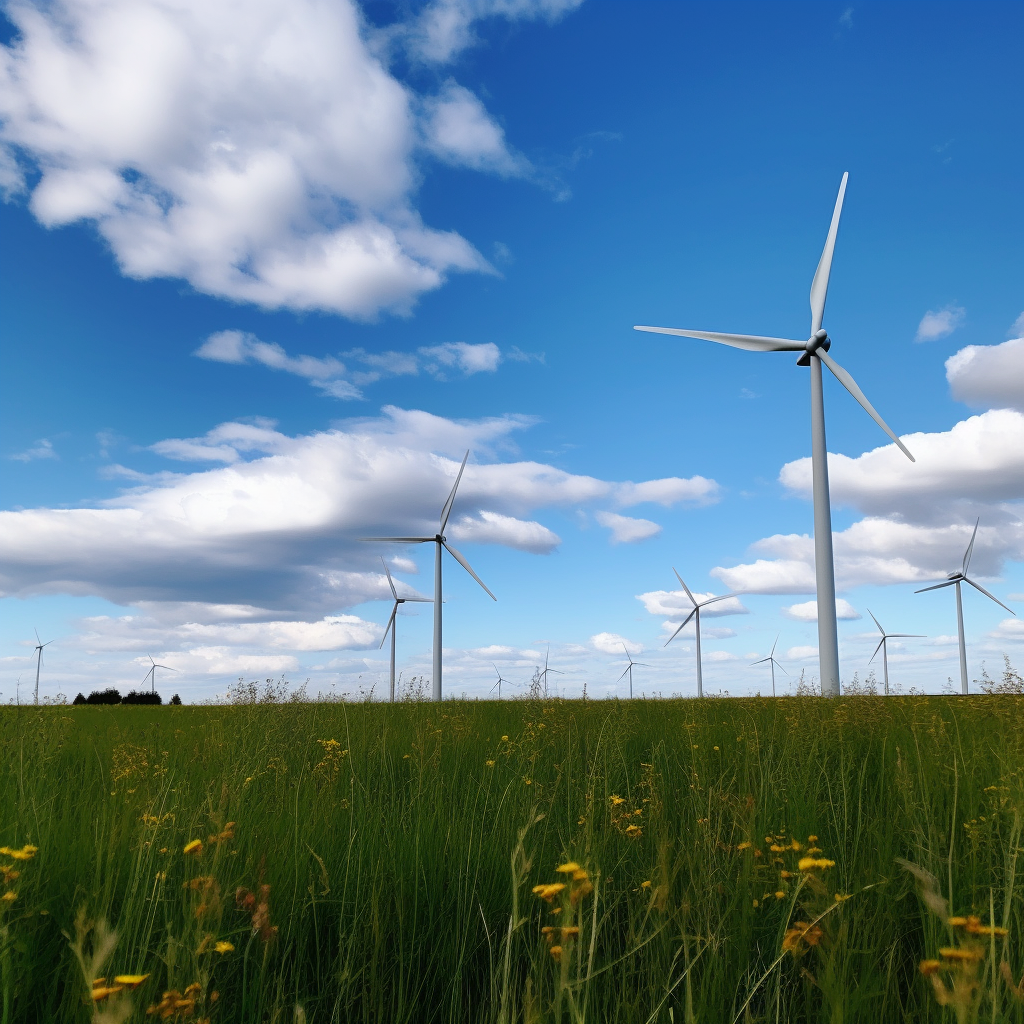April 5, 2023
China and Australia’s BHP Look to Cooperate on Climate Change and New Energy Initiatives
Book a Demo
As climate change continues to be a pressing issue for the world, countries are looking for ways to reduce their carbon emissions and transition towards renewable energy sources. Recently, China has been seeking cooperation in these efforts with Australia’s BHP, a mining and metals company, and their Foreign Ministry.
According to a report by Reuters, China’s Vice Foreign Minister Ma Zhaoxu met with BHP’s CEO Mike Henry to discuss potential collaboration on new energy and climate change initiatives. Ma stated that China is looking for opportunities to work with BHP to promote the development of clean energy and reduce carbon emissions.
BHP has already made significant strides towards reducing their carbon footprint. In 2020, the company announced a goal to become carbon neutral by 2050 and reduce their operational emissions by 30% by 2030. BHP has also invested in renewable energy projects, such as wind and solar, to power their operations.
China, as one of the world’s largest emitters of greenhouse gases, has faced criticism for not doing enough to combat climate change. However, the country has made significant strides in recent years towards reducing their carbon emissions. In September 2020, China announced a goal to become carbon neutral by 2060, and has been investing heavily in renewable energy sources such as wind and solar.
In addition to their meeting with BHP, China’s Vice Foreign Minister Ma also met with Australia’s Foreign Minister Marise Payne to discuss climate change cooperation. The two countries have had a strained relationship in recent years, but both have expressed a desire to work together on issues such as climate change.
The potential cooperation between China, BHP, and Australia’s Foreign Ministry could lead to significant advancements in the fight against climate change. By working together, these entities could develop and implement new technologies and strategies to reduce carbon emissions and promote the use of renewable energy sources.
However, it is important to note that China has faced criticism for their human rights abuses and environmental practices, particularly in their mining operations. BHP has also faced criticism for their environmental impact, particularly in their mining operations in Australia. It will be important for all parties involved to prioritize sustainability and ethical practices in any potential cooperation.
China’s efforts to seek cooperation with BHP and Australia’s Foreign Ministry on climate change and new energy initiatives are a positive step towards reducing carbon emissions and promoting sustainability. It is important for all parties involved to prioritize ethical and sustainable practices in any potential collaboration, and to work towards a future where renewable energy sources are the norm.



